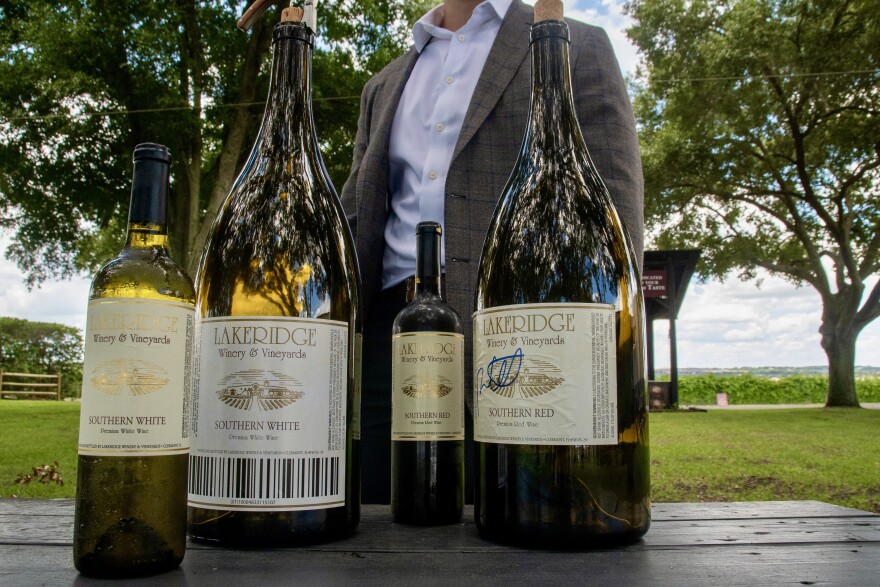Governor Ron DeSantis has signed SB 578 into law, eliminating the requirement for Florida wine producers to use only reusable containers, such as metal kegs. The updated statute now allows the use of recyclable containers for wine packaging. Though the change may seem technical, it carries significant implications for the state’s small but growing wine industry, improving both cost-efficiency and product quality.
Rep Vanessa Oliver Introduces Bill To Improve Wine Distribution And Preserve Taste Quality
The bill was introduced by Rep. Vanessa Oliver, a Republican from Port Charlotte, after a local blueberry farmer brought the issue to her attention. The farmer, who co-owns a winery, produces blueberry wine and faced challenges distributing it in Florida due to the restrictive keg requirement. Oliver highlighted how the law, though seemingly minor, represents a vital improvement for local winemakers.

Under the old law, wine could only be sold in reusable containers, which are typically metal and known to impact the flavor of the wine over time. The new allowance for recyclable containers offers producers the flexibility to use materials that better preserve the taste and quality of their wines. This change also facilitates wider distribution, particularly for fruit-based wines produced in Florida.
Legislators Clarify Bill Purpose Allowing Broader Packaging Options Not Promoting Boxed Wine
During legislative discussions, some lawmakers raised concerns about the bill’s implications. For instance, Sen. Joe Gruters questioned whether it would lead to a rise in boxed wine. However, Sen. Tom Leek clarified that the goal was not to mandate or encourage boxed wine, but rather to allow for a broader range of recyclable packaging options, giving producers more choice and cost-effective solutions.
Although Florida isn’t typically associated with wine production like California or Washington, it is home to around three dozen wineries. The new law supports these producers by removing unnecessary restrictions and aligning regulations with modern practices. It represents a step forward for local agriculture, especially for specialty wines made from Florida-grown fruits like blueberries.


